

First of all, acoustically this is a real challenge to listen to. The Macbeth and Pirata excerpts were taped from the audience with a hand-held
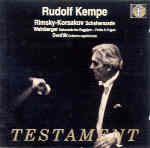
This is a gorgeous Scheherazade. Not surprisingly, given the fact that this is Beecham’s orchestra a half-dozen years after the great Englishman’s death, the performance
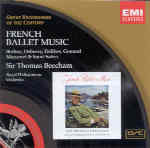
Thomas Beecham’s mastery of this music is never in doubt, though I can’t help but feel that in some respects the exalted reputation this fluffy

Thomas Beecham recorded all of this material commercially around the same time as these versions were captured (early to mid 1950s), leading us once again
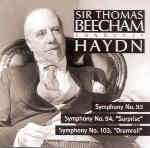
Thomas Beecham’s Haydn remains incomparable in its unfailing response to the composer’s wit, charm, and elegance. Despite the fact that his approach might be considered

This live broadcast concert from Royal Festival Hall on October 15, 1958 opens with the customary British national anthem (thankfully without the audience singing along).
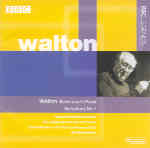
For much of the 20th century, England was musically thrice blest: she produced a bumper crop of superb composers of well-deserved international renown; London became

Artur Rodzinski conducts Kodály with an authority and devotion that reflects his long admiration of and close friendship with the composer. His scrupulous attention to
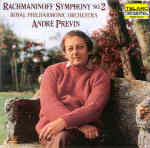
André Previn’s EMI recording of Rachmaninov’s Second Symphony with the London Symphony Orchestra remains one of the finest available. His Telarc remake isn’t quite so

Thomas Beecham’s Abbey Road recordings often sounded finer than those from other locations because the sound engineers’ best equipment was set up there and couldn’t
![]()
